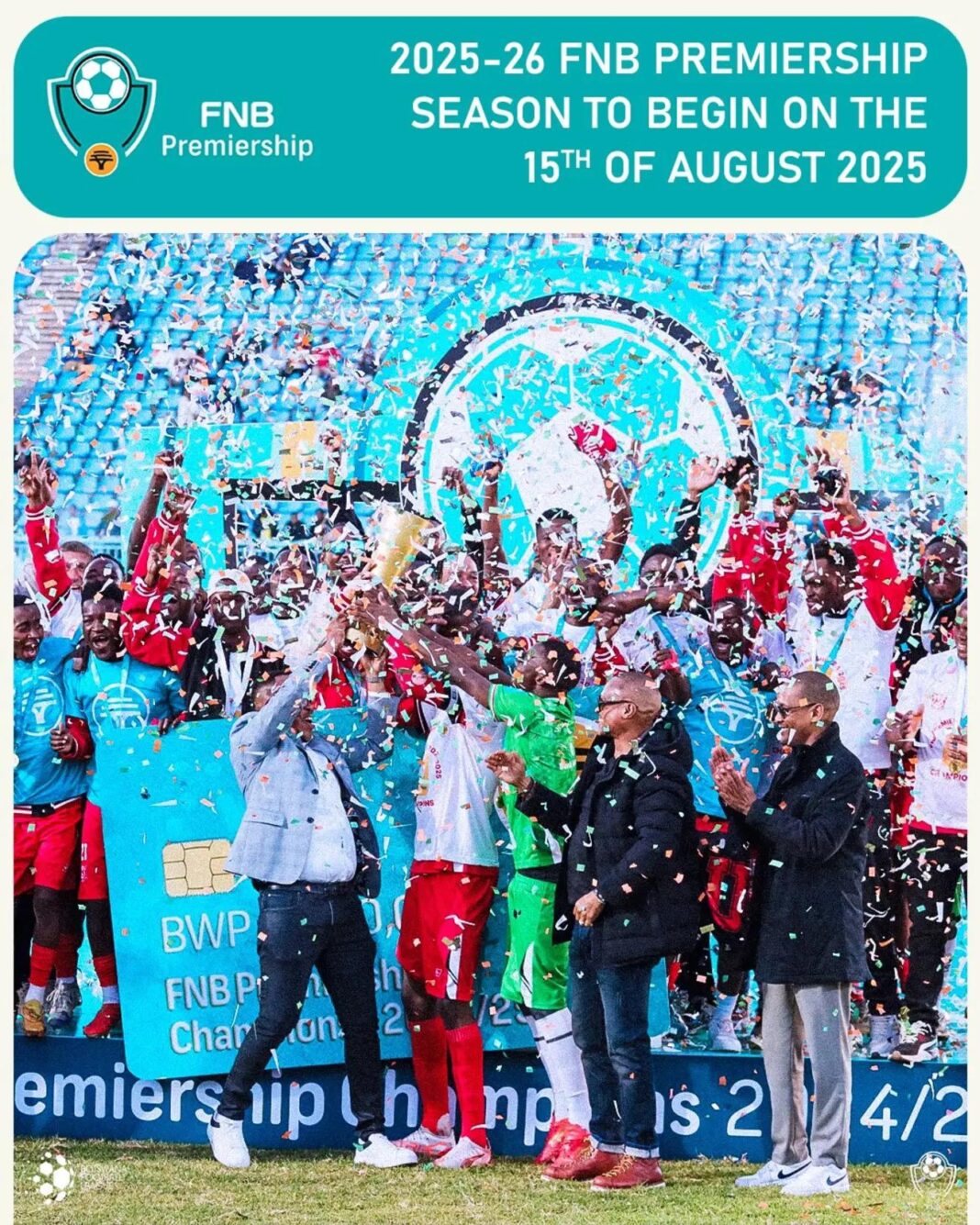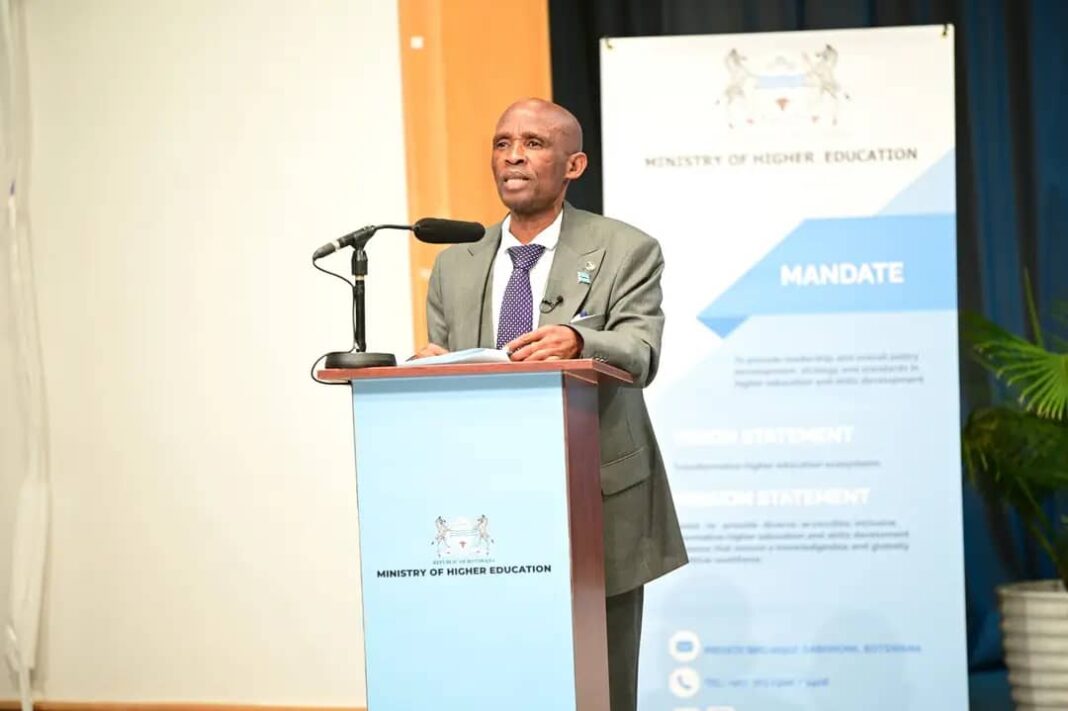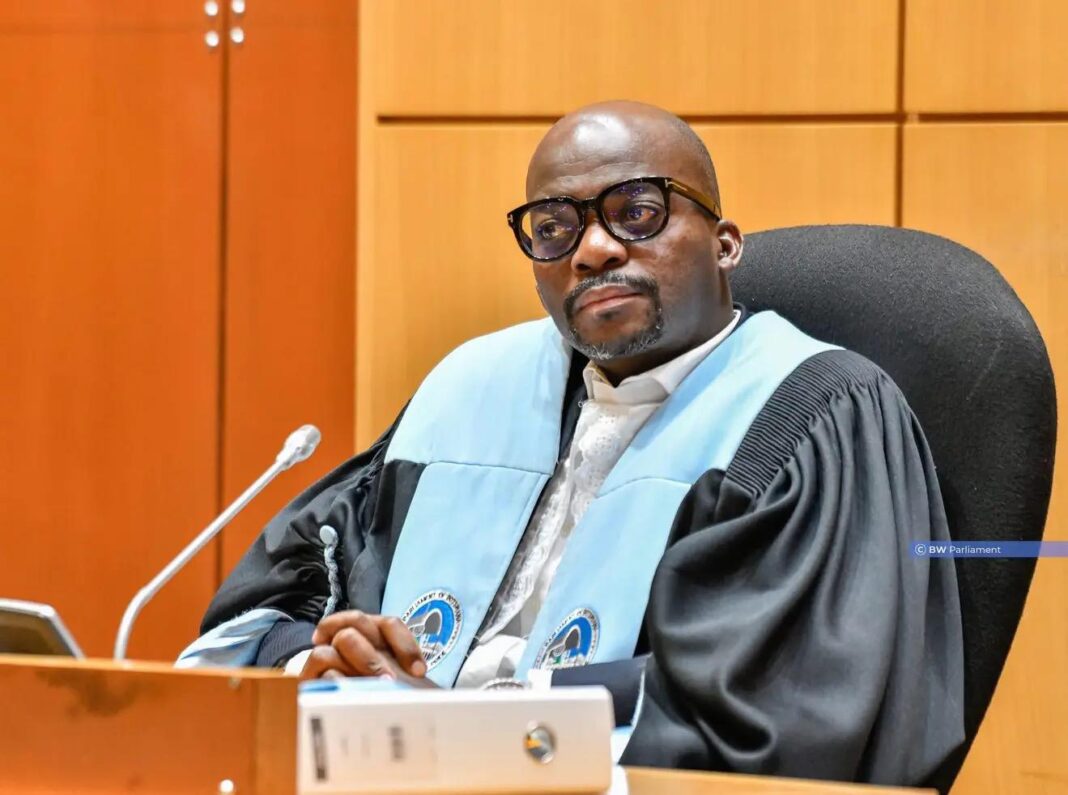Botswana’s football landscape is experiencing an unprecedented surge of investment and strategic partnerships, signalling robust growth in the sport’s business potential and inadvertently contributing to the nation’s economic diversification goals. This flurry of activity, involving both local and international entities, paints a promising picture for the future of the beautiful game in the Southern African nation.
One of the most significant developments is the revitalization of Mochudi Centre Chiefs. The iconic club, a cornerstone of Botswana football, has breathed new life into following the strategic takeover of its football operations by Stanton Frederick’s Sports Group in partnership with the Mochudi Centre Chiefs Social Club. This international collaboration brings a wealth of expertise and resources, promising to elevate the club’s performance on and off the pitch. Complementing this, Centre Chiefs have been active in the transfer market, securing a formidable roster of players including Tshepo Malgas, Edson Gavara, Shanganani Ngada, Kitso Mpuisang, Theo Shadikong, Kabelo Maphakela, Thabang Selebogo, Kgosi Phuthi, and Ibroihim Youssoff.
Across the capital, Gaborone United continues to demonstrate its commercial prowess, having successfully extended its long-standing partnership with Bank Gaborone. This renewed commitment from a prominent financial institution underscores the growing confidence in football as a viable commercial entity. Furthermore, “The Reds” have bolstered their squad with strategic signings, welcoming Bulgarian midfielder Nikolay Pantev and goalkeeper Tshepo Mooketsi to their ranks, signaling their intent for continued dominance.
In another major move, Township Rollers, after parting ways with Sebata Group, have announced a significant 10-year management contract with CAB Management of South Africa. This long-term agreement with an established international sports management firm is a clear indication of Rollers’ commitment to professionalizing their operations and capitalizing on the sport’s commercial opportunities.
The transfer market has also seen intriguing shifts. The Sebata Group, following their departure from Township Rollers, has reportedly taken over Black Lions FC and, through a shrewd move, secured a place in the Premier League by trading places with VTM FC. This strategic manoeuvre highlights the dynamic and evolving nature of club ownership and league participation in Botswana.
Meanwhile, Orapa United has not been left behind in this wave of activity. The “Ostriches” have made significant acquisitions, securing the highly-regarded former TAFIC head coach Elias Chinyemba, and strengthening their playing squad with the additions of Amogelang Reetsang and Kemoneetsee Mangwedi. These moves demonstrate a clear ambition to compete at the highest level.
The presence of several high-level investors and partners, both domestic and international like Stanton Frederick’s Sports Group and CAB Management South Africa, speaks volumes about the burgeoning football business in Botswana. Their willingness to commit significant resources indicates a recognition of a viable market for football growth through sustained investment.
This surge in football business activity is not merely about on-field success; it has broader economic implications. The influx of foreign investment, the creation of employment opportunities for players, coaches, and support staff, and the increased commercialisation of clubs all contribute directly to the nation’s economic output. In an unexpected but welcome turn, football is emerging as a potential driver for diversification, inadvertently assisting the UDC government’s ongoing drive to grow and diversify the economy beyond its traditional reliance on mining. As the beautiful game continues to attract more capital and professionalize its operations, it promises to become a significant, albeit unexpected, pillar of Botswana’s economic future.



